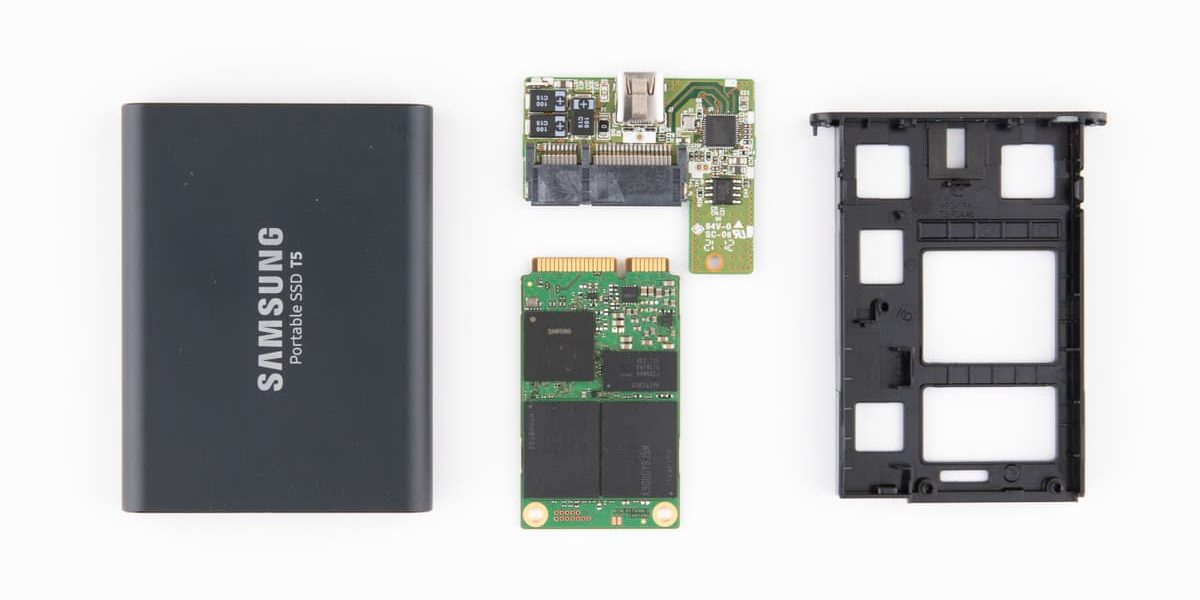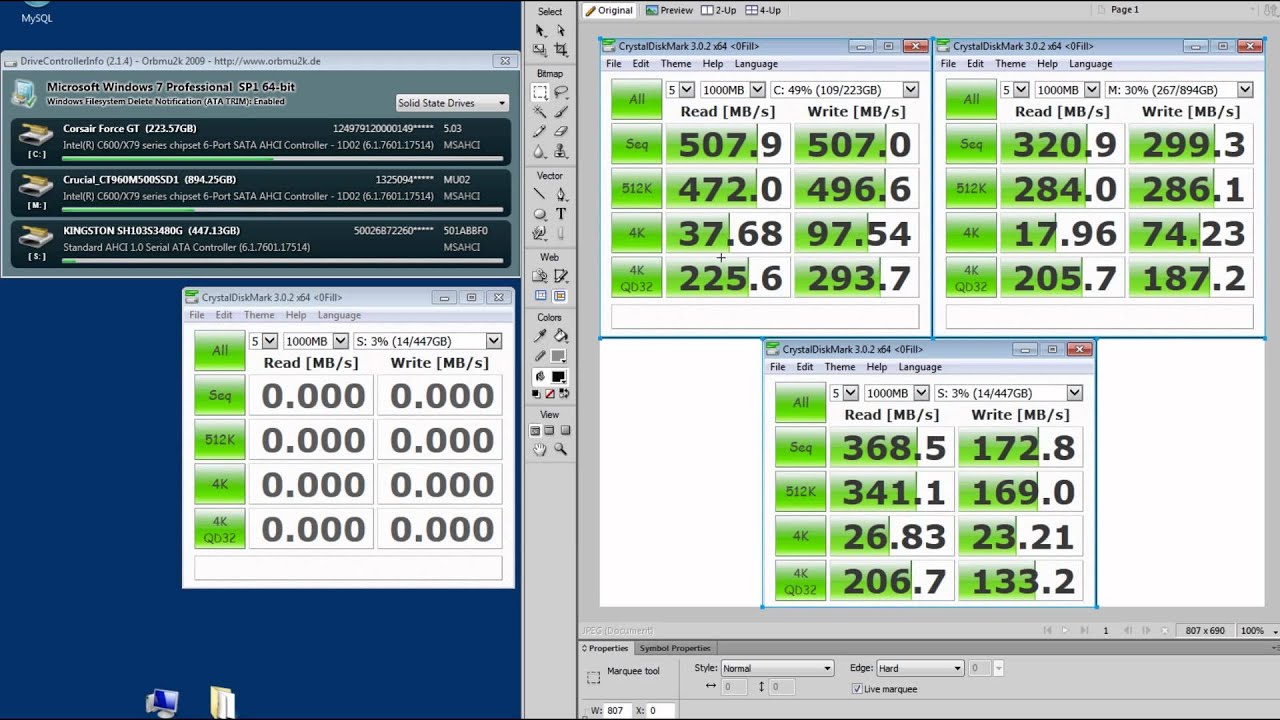Your SSD might be slow due to outdated firmware or running out of storage space. If you’re experiencing slow performance from your SSD, it could be frustrating and impact your productivity.
Understanding the reasons behind the sluggish performance of your SSD is crucial to address the issue effectively. By identifying and resolving the root causes of the slowdown, you can optimize the performance of your SSD and ensure smooth operations on your device.
We will explore common reasons why your SSD may be slow and provide practical tips to help you improve its speed and overall performance. Let’s dive into the details to ensure you can get the most out of your storage drive.

Credit: superuser.com
Why Is My Ssd So Slow?
Are you wondering why your SSD is running so slow? An SSD, or Solid State Drive, is typically known for its fast performance, but certain issues can cause it to slow down. In this article, we’ll explore the common causes of slow SSD performance and provide solutions to help you optimize its speed.
Common Causes Of Slow Ssd Performance
- Lack of Maintenance: Not performing regular maintenance tasks like firmware updates can lead to slow SSD performance.
- Low Storage Space: When an SSD is near its maximum capacity, it can experience decreased performance.
- Outdated Firmware: Using outdated firmware can impair the SSD’s efficiency and speed.
- Driver Issues: Incompatible or outdated drivers can cause slow SSD performance.
- Fragmented Files: Fragmentation of files on the SSD can hamper its speed.
- Background Processes: Running numerous background processes can consume SSD resources, impacting performance.
- Use of Power-Saving Features: Enabling power-saving features may decrease the SSD’s speed to conserve energy.
- Hardware Limitations: Some hardware limitations can contribute to slow SSD performance.

Credit: www.reddit.com

Credit: www.pitsdatarecovery.net
Frequently Asked Questions For Why Is My Ssd So Slow
Why Is My Ssd So Slow?
There can be several reasons why your SSD is slow. It could be due to outdated firmware or drivers, insufficient free space, excessive fragmentation, or a failing SSD. It is also possible that your system is not optimized for SSD usage.
Consider checking these factors to improve the speed of your SSD.
How Can I Improve The Speed Of My Ssd?
To improve the speed of your SSD, you can start by updating the firmware and drivers. Ensure that you have enough free space and defragment the SSD regularly. Check if the SATA controller on your motherboard is set to AHCI mode and enable TRIM to optimize SSD usage.
Also, consider disabling unnecessary startup programs and performing a clean installation of the operating system.
What Is Trim And How Does It Affect Ssd Speed?
TRIM is a feature that helps to maintain the performance of SSDs over time. It is essential for SSDs because it allows the operating system to inform the drive which blocks of data are no longer in use and can be wiped internally.
By enabling TRIM, you ensure that your SSD remains efficient and maintains its speed throughout its lifespan.
Can A Failing Ssd Cause Slow Performance?
Yes, a failing SSD can indeed cause slow performance. If your SSD is nearing the end of its lifespan or if there are issues with its hardware components, it can result in slow read/write speeds, high latency, and overall sluggishness.
It is recommended to monitor the health of your SSD using software tools and consider replacing it if necessary.
Conclusion
If your SSD is running slow, consider reasons like outdated firmware, low storage space, or excessive usage. Conduct regular maintenance to optimize performance and consider professional help if the problem persists. With these solutions, you can ensure a smooth and efficient functioning of your SSD, maximizing its potential and longevity.


0 comments